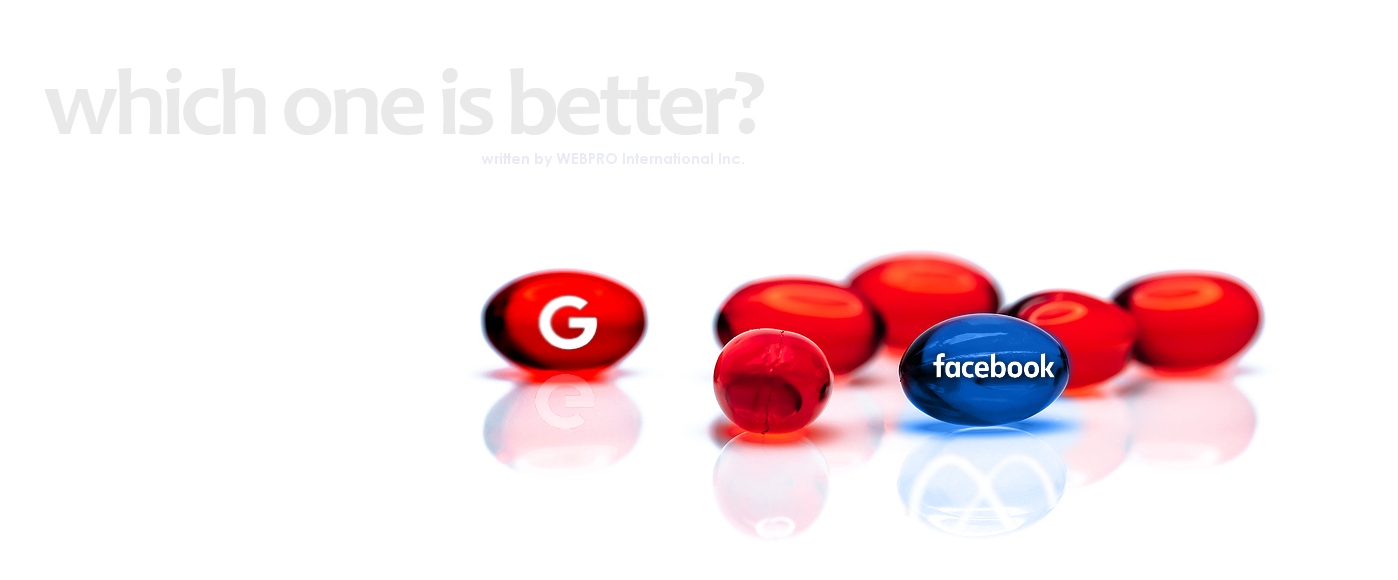The effectiveness of Facebook Ads vs. Google Ads can depend on the specific goals, target audience, and industry of your business.

Below is a comparison based on various aspects:
Google Ads: Pros
Reach: Google Ads can potentially reach a larger audience, as they appear on the Google search engine, partner websites, and other platforms owned by Google.
Intent: People searching on Google often have a clear intent. For example, they might be looking to buy a specific product or find a particular service. So, Google Ads can be highly effective for businesses that want to reach customers with strong purchase intent.
Customization and Testing:
Google Ads provides a robust platform for ad customization and testing. Advertisers can experiment with different keywords, ad copy, and landing pages to optimize performance.
Google Ads Cons:
Competition and Cost: Given its popularity, the competition on Google Ads can be high, leading to higher costs per click (CPC).
Complexity: It can be complex to navigate and optimize, especially for beginners.
Facebook Ads: Pros:
Targeting: Facebook Ads offer exceptional targeting options, including demographics, interests, behaviors, and connections. This can be valuable for businesses looking to reach a specific audience segment.
Visual Appeal: Facebook is a visual platform, allowing advertisers to use eye-catching images and videos to capture users’ attention.
Engagement: Users can like, comment, and share ads, which can increase engagement and social proof.
Cons:
Intent: Users on Facebook aren't necessarily looking to make a purchase or find a service, so the intent to buy might be lower compared to Google search users.
Ad Fatigue: Users can become tired of seeing the same ads, leading to ad fatigue and decreased performance over time.
Key Takeaways:
Lead Generation: Both platforms can be effective. Facebook may be preferable for detailed targeting, while Google can capture users with clear purchase intent.
E-commerce Sales: Google Shopping ads can be highly effective. Facebook is also a strong option with visually appealing ads.
Brand Awareness: Facebook can be preferable due to its visual nature and engagement features.
Industry and Audience:
B2B: Google Ads, especially search ads, can be effective for reaching professionals actively looking for solutions.
B2C: Both platforms are effective; choice depends on the specific consumer demographic and product.
In sum, there is no one-size-fits-all answer. It is often beneficial to use both platforms in tandem, allocating budget based on the specific campaign goals and performance metrics. Always consider testing and optimizing your ads continuously to get the best ROI. Also, keep in mind that the digital advertising landscape is dynamic, so staying updated with the latest trends and features of both platforms is essential.
